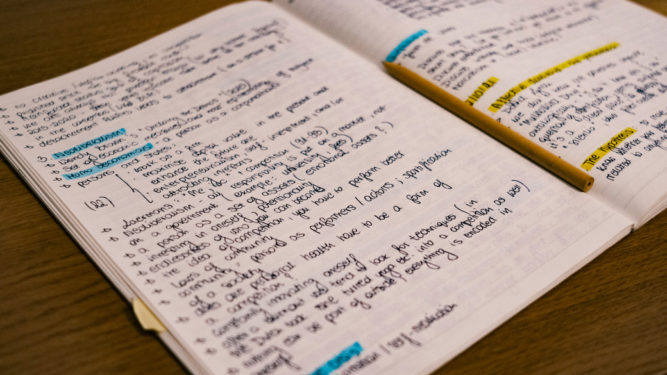How can a tutor help my child in the 4+ assessment?
In this article, experienced early years teacher and 4+ tutor Tatiana examines what the 4 plus is and how best to prepare. Tatiana is available for in person 4+ tuition in London.
Every parent wants their child to be happy and thrive in their new school. However, since London is such a competitive city for good schools, the 4+ assessment is at the top of many parents’ minds.
The 4+ assessment usually takes around 1 hour, and the schools are assessing for key ‘academic’ skills, such as holding the pen or writing names, number game recognition and of course, social, and emotional skills. 4 + assessments generally take place in the morning within small groups. The assessments start from October until February before September entrance.
Some London schools assessing at 4+ include: Thomas Battersea, Kensington Preparatory School, Glendower Preparatory School, North London Collegiate, Falkner House Boys and Girls, Wimbledon High and St. Christopher’s School.
The 4+ assessment is a daunting undertaking, for both parents and children. Increasingly, parents will ask: should I hire a tutor for the 4+ exam?
With vast experience in Early Years teaching and supporting children as they approach Reception, I would strongly argue that it depends on the child’s knowledge and skills. For some children, what they accumulate in the nursery would be enough to pass the exam, for others they need extra support.
Each tutor will have a different style and content strategy for sessions, however, in this blog post I will outline my personal way of teaching young children for this important assessment.
1. 4+ Assessment Tutor Connection
The foundation for a good lesson is the connection between tutor and child. Building a strong connection is crucial for effective learning, as having a positive and supportive relationship can enhance the learning experience and contribute to a child’s academic and personal development. Nothing can compare with the joy and excitement that I see in a child’s eyes when they are looking forward to our next session.
2. 4+ Assessment Creativity
After trust and connection is established, I focus on making the sessions as fun as possible while ensuring that the child accumulates the most knowledge possible. I use creative and interactive teaching methods, games, activities, and puppets to make the material more relatable and interesting.
3. 4+ Assessment Curriculum
It takes a few sessions to fully assess a child and understand what are the gaps that need to be filled across the seven areas of learning (EYFS curriculum: communication and language; personal, social, and emotional development; physical development; literacy; mathematics; understanding the world; and expressive arts and design).
In order to sufficiently prepare a child for this important exam, here are some of the areas that I cover in tutoring sessions:
- Literacy goals:
- Writing and recognising letters, including the child’s name and surname
- Identifying their name and letters from a list
- Reading engaging and enriching stories
- Maths and numeracy goals:
- Writing and recognising numbers
- Understanding the concept of numbers (associating quantity with the numerals)
- Pattern recognition
For personal, social, and emotional goals, I collaborate with the parents because they are the one who is in direct contact with the child’s social life. During the sessions, I pay attention to how the child reacts to different situations, such as being able to complete a task, taking turns, playing games, and having general conversations.
After reading this blog, you may be wondering: when is the best time to hire a tutor for the 4+ assessment? From my experience, I start teaching and supporting children when they turn two years old. Of course, I do not ask a child to write the name or recognise letters at this age but there are so many other fun activities that can build towards this literacy goal.
The most important thing to remember is that every child is unique and it is critical to be responsive to their individual needs and preferences. Giving the right support by fostering a positive and supportive connection would contribute significantly to a child’s academic growth and overall well-being.







Start the discussion!